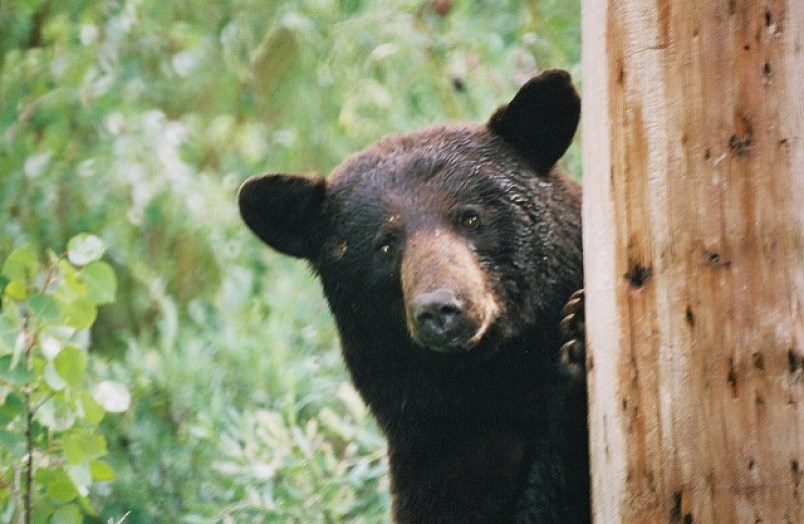Bears. We see videos of them posted on social media as they wander neighbourhoods and golf courses.
We look at the videos and think these bears are adorable. And yet, some of us do things that could get these wonderful creatures killed.
Conservations officers deal with thousands of bear calls every year and some of these animals are euthanized because they aren’t considered candidates for relocation because they are too hooked on human food.
There’s a map of bear sightings from across the Lower Mainland that shows dozens of black bears heading to urban neighbourhoods in search of an easy meal.
The reports from Vancouver to Burnaby to Maple Ridge come as bears are emerging from hibernation. Each report shows bruin activity — with many seeking calories to bulk up after a long winter.
And in some cases, the bruins are turning to garbage and compost to get their fill — a problem Conservation Officer Alicia Stark says could result in conflicts this summer if bears become habituated.
“If garbage is easy access, they are hungry. They are going to go after that,” said Stark, who works for the BC Conservation Officer Service.
Many neighbourhoods, including those bordering on greenbelts or up against forests, are seeing the most calls.
Here are some things you can do to help not get bears killed:
- Keep your garbage in or secured until the day of collection. Garbage is the number one attractant cited in reports to the provincial hotline
- Manage your fruit trees
- Don’t let windfalls accumulate, and pick fruit as it ripens
- If you don’t want the fruit, consider...
- Accessing a fruit gleaning group in your community
- Washing the blossoms off in the spring so the fruit doesn’t set
- Replacing the tree with a non-fruit bearing variety
- Don’t put out bird feeders when bears are active
- A kilo of bird seed has approximately 8,000 calories and is a great reward for a hungry bear
- Keep your compost working properly with lots of brown materials and a regular schedule of turning
- If you have livestock or backyard chickens use a properly installed and maintained electric fence to keep bears and livestock apart
- With files from Diane Strandberg, Tri-City News



